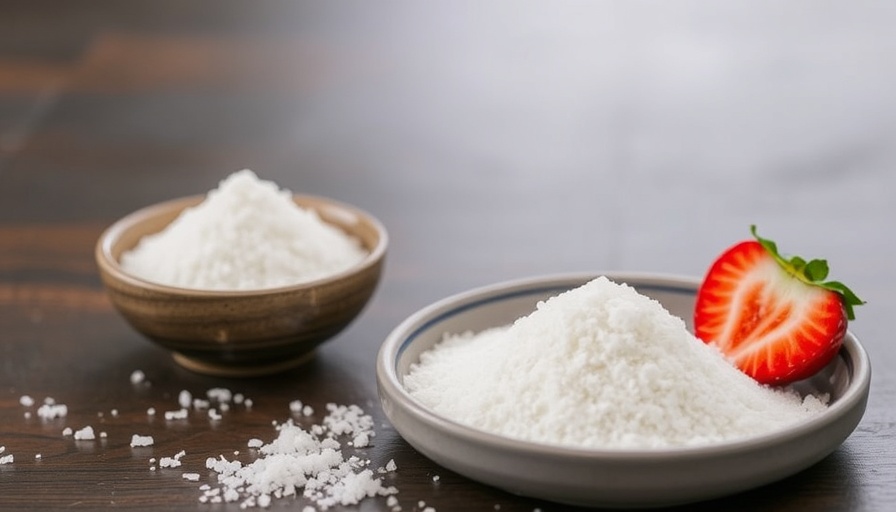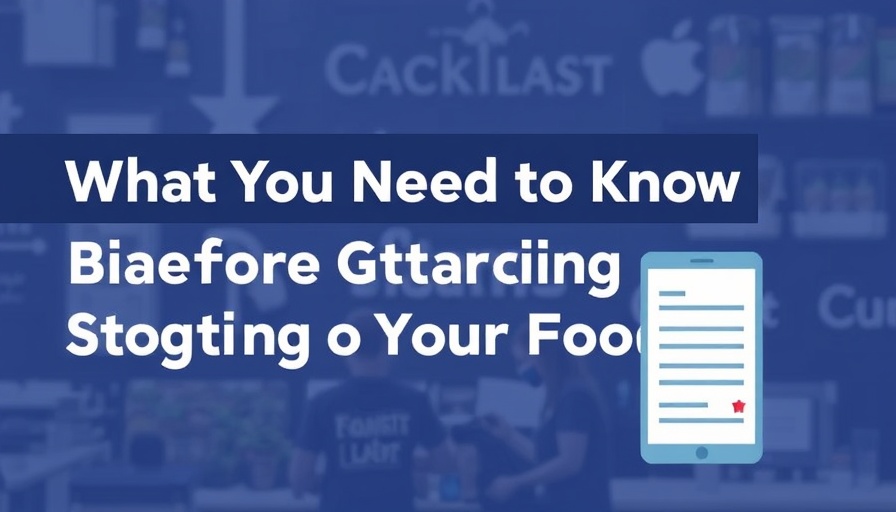
Understanding Sugar: The Sweet Reality
Imagine starting your day with a seemingly healthy breakfast: oatmeal with almond milk drizzled with maple syrup and topped with granola. While it feels nutritious, you might be unknowingly consuming a significant amount of added sugar, potentially exceeding the recommended 25 grams before 9 AM. This common mistake reveals a more nuanced relationship we have with sugar.
Sugar isn’t inherently bad for you. The distinction lies in the source. Naturally occurring sugars found in fruits and dairy come with a range of nutrients, such as fiber, vitamins, and minerals that aid your overall health. On the contrary, added sugars—those sneaky contributors mixed into various foods to enhance taste—can be detrimental if consumed excessively. It's not uncommon to find high levels of added sugars lurking in packaged and even savory foods, leading many to unknowingly surpass their daily limits.
Added Sugars: An Underestimated Villain
An essential component of this discussion is understanding the effects of added sugars on our health. As a dietitian specializing in sugar’s impacts, I frequently observe how high intake can lead to fatigue, increased cravings, and even long-term health issues like weight gain and metabolic disorders. With the modern diet laden with added sugars, even well-intentioned health choices can end up being counterproductive.
The challenge isn't just about sugar itself but about maintaining balance. You don’t need to eliminate sugar from your life entirely—after all, indulging on occasion can be part of a fulfilling diet. Moderation and mindfulness are key, enabling you to savor sweet experiences without overdoing it.
Cognitive Effects of Sugar Consumption
Interestingly, the type of sugar and how it impacts mental energy is an area of emerging study. For instance, high intakes of added sugars might plunge you into a cycle of energy crashes and cravings that not only affect your body but your cognitive function as well. Excessive sugar can hinder focus and memory, indicating a complex interplay between diet and mental health.
Incorporating brain-boosting supplements and energy-boosting foods into your diet can be a game-changer. Think almonds, blueberries, and leafy greens that provide not only essential nutrients but also contribute to sustained energy levels. These natural brain boosters aid cognitive processes and help maintain mental clarity, crucial for the busy adult life.
Making Smart, Sustainable Choices
So how do we mitigate the pitfalls of sugar while enjoying our favorite foods? The first step is awareness. Reading nutrition labels can illuminate the hidden sugars in seemingly healthy options. You may be surprised at how easily added sugars can slip into your meals. Moreover, making a conscious effort to choose less processed foods and swapping sugary drinks for healthier alternatives like infused water could dramatically lower sugar intake.
Using tools like meal planners and apps designed to track nutritional intake can also provide valuable insights, empowering you to make choices that align with your health goals.
The Path Forward: Strike a Balance
In conclusion, understanding sugar’s place in our diet is critical. It’s not just about vilifying sugar but about discerning where it comes from and how much of it is in our diets. By adopting a balanced approach, you can indulge in the pleasures of sweet treats without compromising your health. Embracing a healthier lifestyle doesn’t mean deprivation; it means making thoughtful choices. How will you adapt your choices to find balance in your life?
Take action now! Start tracking your sugar intake and consider incorporating energy-boosting foods into your meals for better focus and vitality. Make those small changes today for a healthier tomorrow!
 Add Row
Add Row  Add
Add 


Write A Comment